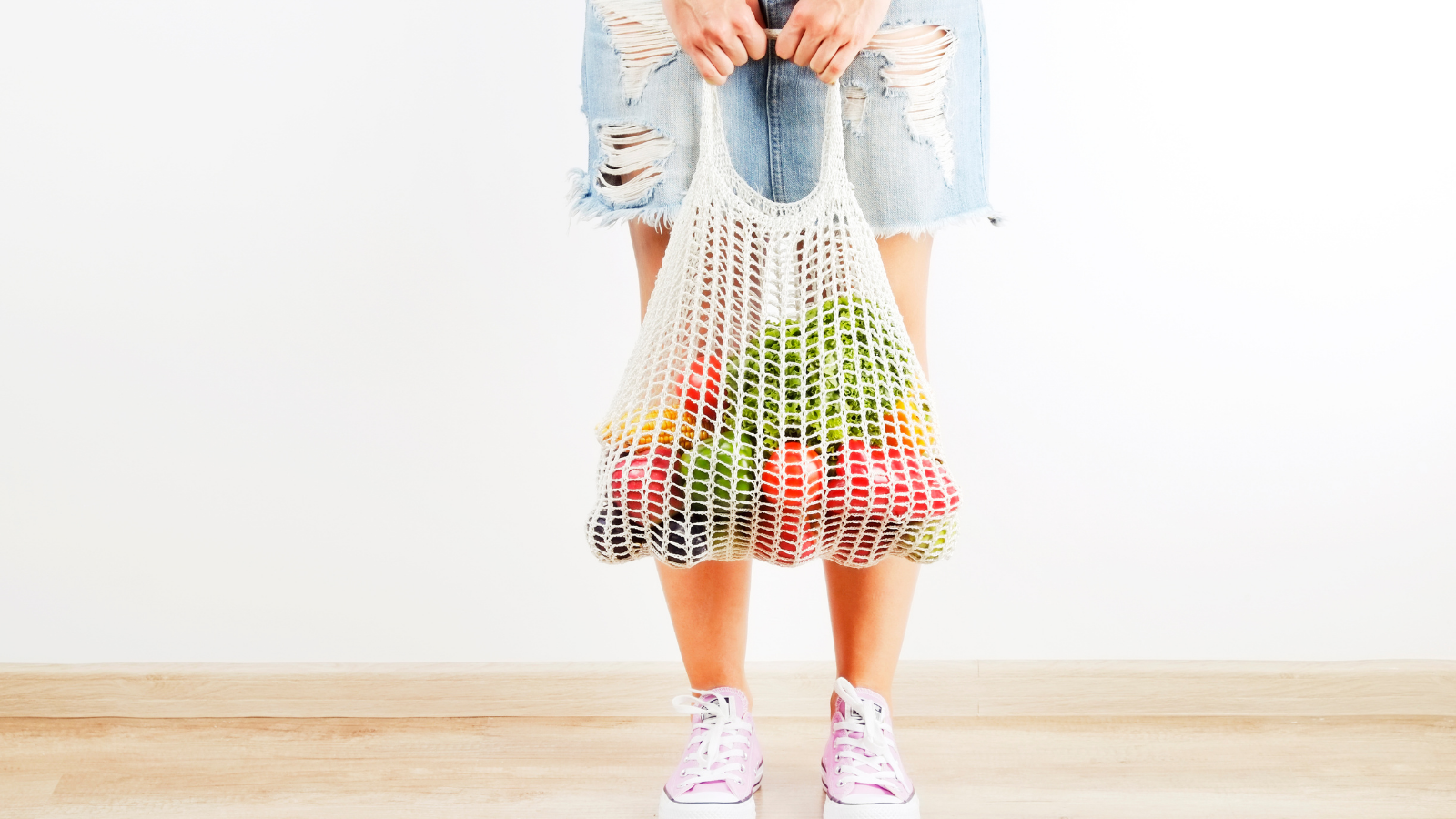How you can live more sustainably and reduce your impact on the planet
As a Zoology student, it is increasingly pertinent to understand and put into practice, ways in which we can live better, for the sake of our planet. Between 1970 and 2000, global biodiversity fell by 30%, and climate change is not only affecting our wildlife. I attended a seminar on campus recently, about how climate change and global warming is affecting human health. Vast numbers of people have died from heatwaves, developed respiratory problems due to particulate air pollution and this warming planet has also been shown to cause cardiovascular problems too. It is more relevant than ever before, for us to make individual changes to our lifestyles to try and decrease these destructive impacts on our planet. I have come up with a few very simple ways in which you can try to do so.
Changes to your diet
Eating less meat– The rearing, production and maintenance of livestock is extremely damaging to our environment. Not only are many of these animals contributing to global warming due to methane production, we often use land cleared from deforestation, to house these animals. Reducing your meat consumption can have a hugely positive effect on reducing climate change. However, if you’re not quite prepared to give up meat, sustainably and locally sourced organic meat products, tend to use methods much better for the environment.
Cut down on palm oil– Palm oil is obtained from trees, which are planted on land which was often previously rich and diverse forest land. Most people don’t realise, but palm oil is in pretty much everything, from Oreos to toothpaste to margarine. The more people understand the hugely harmful effects that the palm oil industry is having on our planet and climate change, the more important it becomes to check the labels of products to try to reduce your consumption.
Locally sourced food– Food such as fruit and veg, or meat, from local markets is much better for the environment due to the reduced air miles associated with them. Take advantage of the fruit and veg market on campus, on Thursdays- your apples will be cheaper and better for the environment.
Sustainable fashion choices
Stop fast fashion– The high street brands that we know and love, with cheap, fashionable clothes, are actually slowly killing our planet. The fashion industry is now the second largest generator of pollution on earth, with much of its materials and resources, ending up on landfill sites. Degrading these cheap materials produces a lot of methane, and many materials are actually made of plastic e.g. nylon- which don’t biodegrade at all. Although it is not always possible for us to shop at more sustainable fashion brands, we should all try and buy less clothes, to reduce our contribution to this fast fashion industry. Re-work that old shirt, make those old jeans into shorts- try to reuse your old clothes rather than throw them away.
Travel options
Public transport– Driving massively contributes to global warming due to the combustion of petrol, releasing lots of carbon dioxide and other greenhouse gasses, making cars one of the major causes of air pollution. One way to reduce this pollution is to take the bus- it’s much more eco-friendly, and often cheaper.
Get some fresh air– An alternative means of travel is to just walk or ride a bike. Not only does this not contribute to global warming at all, its also healthier and is really good for clearing your mind and taking care of your mental health.
Reducing single-use
Coffee cups and water bottles– Every day approximately 8 million pieces of plastic pollution find their way into our oceans, with over 150 plastic bottles littering each mile of UK beaches. Buying and using your own reusable coffee cups or water bottles can have such a huge impact on reducing this waste… just think of the turtles!
Household changes– So many things in your house contain plastics- microplastics in toothpaste, plastic cotton buds, toothbrushes, glitter and more. Some amazing products are now available e.g. bamboo toothbrushes and paper cotton buds which you can now use instead. Period products are also constantly washed up on beaches as they also contain plastic and cant biodegrade. Menstrual cups create 0.4% of the plastic waste generated by single-use pads and 6% of that produced by using tampons- so ladies, don’t be scared to give them a try!
Written by Jodie Velarde-Phillips
